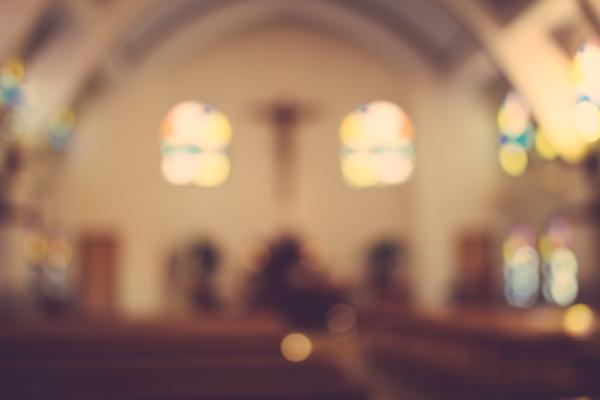Jun 20, 2015
The challenge is this: We in our collective American consciousness have yet to admit, much less confess, of the racist underpinnings that our nation was founded and built upon. We struggle with admitting that all of us who are white have racially informed understandings in our spirit that were inculcated in our being from birth. As the Rev. Dr. Gardner Taylor said, “Racism in is the water we drink and the air that we breathe.” So then, nationally, when a politician or celebrity says something that is racist in nature, we act like the eradication of their contract eradicates racism. That is not the case.
Read the Full Article

Already a subscriber? Login
